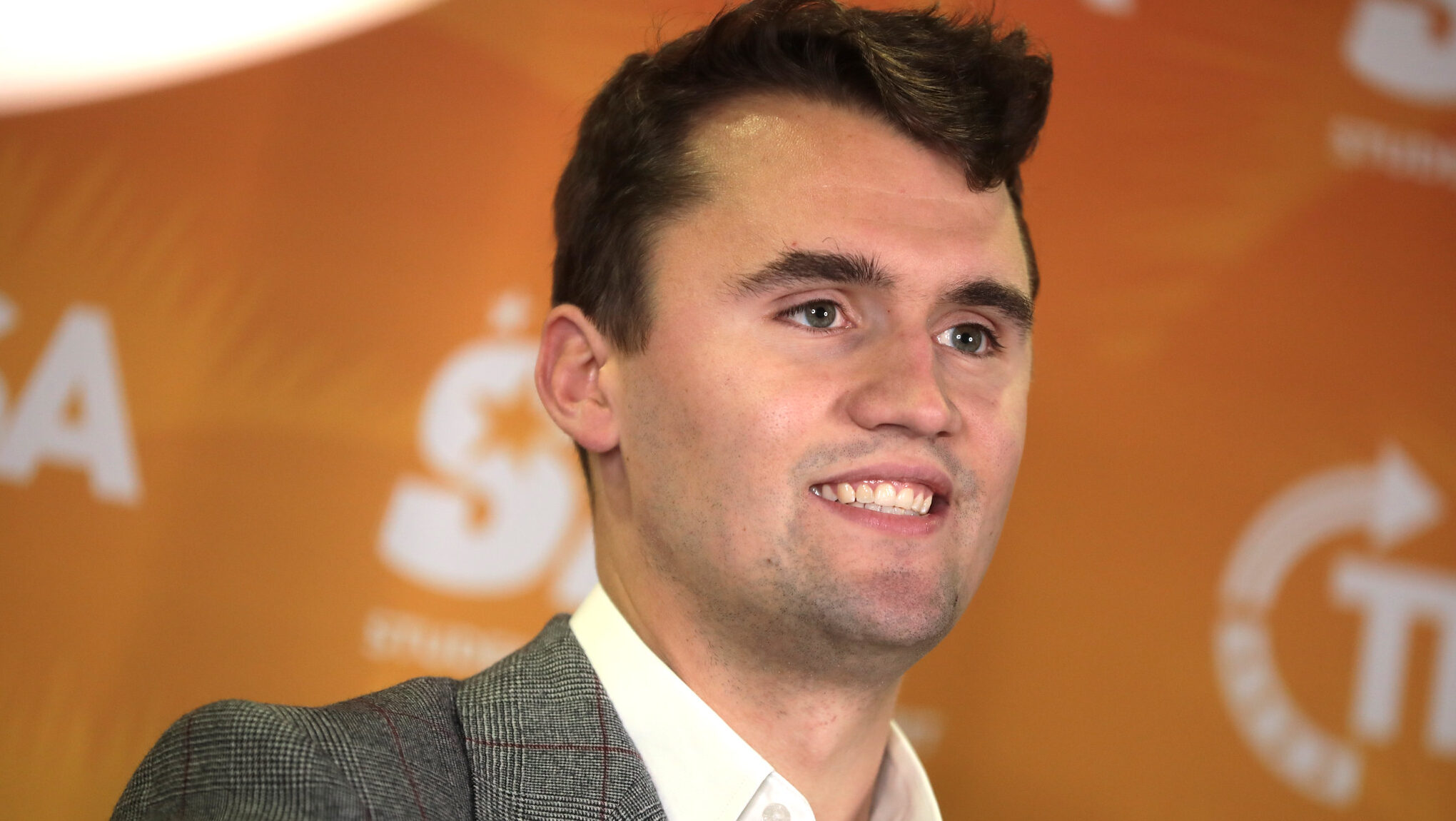Charlie Kirk, a prominent conservative commentator, was murdered on September 11, 2025, allegedly by a shooter who accused him of spreading hate. Following his death, The New York Times faced backlash for its coverage, which some critics described as a character assassination.
Explainer Charlie Kirk Overview
In an article published shortly after Kirk's death, the Times inaccurately attributed an antisemitic statement to him. The correction issued later clarified that Kirk was quoting a statement he was critiquing, not making the statement himself. The correction read, "An earlier version of this article described incorrectly an antisemitic statement that Charlie Kirk had made on an episode of his podcast. He was quoting a statement from a post on social media and went on to critique it. It was not his own statement."
Riley Gaines, a friend of Kirk's, criticized the Times for its handling of the situation, stating on X, "They lie, let their audience read it and believe it, then issue a half-hearted hidden correction at the end of the story hours (or even days) later. This is exactly how people like Charlie Kirk end up murdered."
Fox Business host Charles Payne also expressed concern, saying, "This gives chills. It speaks to the desire of mainstream media to destroy the right. I wrote about this smearing of character years ago as their primary objective."
In a related incident, MSNBC aired a segment immediately after Kirk's assassination in which host Katy Tur and guest Matthew Dowd labeled him as "one of the most divisive, especially divisive younger figures... who is constantly sort of pushing this sort of hate speech... aimed at certain groups." Dowd was later fired for his comments, while Tur remained with the network.
Criticism of the media's portrayal of Kirk extended beyond traditional news outlets. The Guardian published an obituary that described Kirk as someone who "regularly disparaged trans, gay, black and Jewish people" and labeled him a proponent of the "great replacement theory."
Similarly, Clay Risen of The New York Times wrote an obituary that characterized Kirk as a figure who "quickly became a fixture" in conservative media, making inflammatory comments about various groups. Risen also claimed Kirk had spread misinformation about the drug hydroxychloroquine during the COVID-19 pandemic.
The backlash against the media's portrayal of Kirk was amplified by novelist Stephen King, who initially posted on X that Kirk had advocated for violence against LGBTQ+ individuals. After facing criticism, King later apologized, stating, "I was wrong, and I apologize. I have deleted the post."
The events surrounding Kirk's death and the subsequent media coverage have ignited discussions about the responsibilities of journalists and the impact of their narratives on public perception. Critics argue that the portrayal of Kirk reflects a broader trend in media to vilify conservative figures, while supporters contend that accurate reporting is essential in addressing hate speech.
As the conversation continues, many are calling for greater accountability in media reporting, particularly in the wake of tragedies that can have far-reaching consequences.
Why it matters
- Charlie Kirk's murder highlights the dangers of media narratives, with critics arguing that biased reporting can incite violence against public figures.
- The backlash against The New York Times and other outlets underscores concerns about media responsibility and accuracy in reporting on controversial figures.
- Kirk's death has sparked a broader debate on the portrayal of conservatives in media, raising questions about the impact of such narratives on public perception.
What’s next
- Calls for accountability in media reporting are growing, with advocates urging for stricter standards to prevent misinformation.
- Investigations into the circumstances surrounding Kirk's murder and the role of media narratives are expected to continue.
- Public discussions and forums on media ethics and responsibility are being organized in response to the incident.

